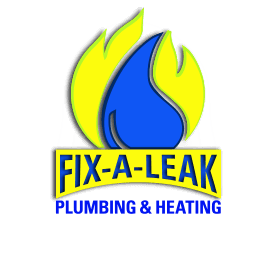Can You Run a New Gas Line Yourself?
If you’re adding a new gas-burning appliance to your home, such as a water heater, stove or fireplace, it will usually be necessary to run a new gas line to the unit. In this case, you may be wondering whether it’s possible to run the gas line yourself to save a bit of money. The answer to this is a resounding no, as running a gas line on your own is both illegal and extremely dangerous. Permits and Inspections A permit is required whenever a new gas line is installed, and this type of permit
Continue Reading
